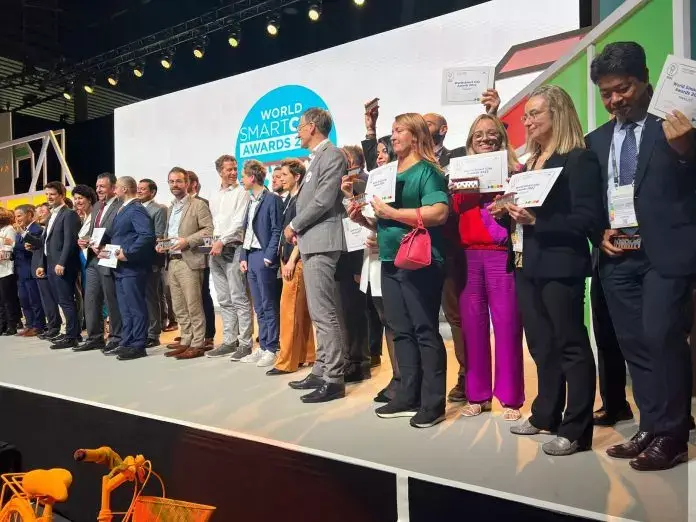Several European cities have been recognized internationally for their smart city initiatives. Cities such as Copenhagen and Vienna received awards for projects that enhance mobility, boost energy efficiency, and improve public services. These awards highlight the continent’s growing focus on innovation and sustainability in urban planning.
Copenhagen earned praise for its advanced transportation network. The city has expanded bike lanes, optimized traffic flow, and introduced electric buses. These measures aim to reduce congestion and cut carbon emissions. The city’s efforts show how urban areas can combine technology with sustainable planning to improve daily life for residents.
Vienna was honored for its energy-efficient urban infrastructure. The city has implemented smart grids, upgraded building insulation, and promoted renewable energy. These changes reduce energy consumption and greenhouse gas emissions. Experts say Vienna’s approach can serve as a model for other cities striving for sustainable growth.
Other European cities received recognition for improving public services through digital technology. Smart street lighting, waste management systems, and online citizen platforms are becoming more common. These solutions help cities respond faster to residents’ needs and provide better services while reducing costs.
Officials emphasized that smart city projects are not just about technology. They aim to improve quality of life, sustainability, and inclusivity. Citizens are encouraged to participate in planning through digital platforms. Their feedback helps shape services that meet real needs.
European cities are also leading in mobility innovation. Smart traffic management systems reduce congestion, while real-time transit data helps commuters plan journeys more efficiently. Cities are integrating bicycles, electric scooters, and public transport into seamless networks. This approach promotes greener travel and reduces reliance on private cars.
Energy efficiency remains a core focus. Cities are installing smart meters and using data to optimize consumption. Renewable energy projects, like solar panels and wind turbines, are increasingly common. By monitoring energy use in real time, cities can adjust supply and demand more effectively.
Public services are benefiting from digital transformation. Citizens can access healthcare, social support, and administrative services online. Smart waste collection systems improve efficiency and reduce environmental impact. Sensors in public spaces track air quality, noise levels, and water usage. Data from these sensors helps city planners make informed decisions.
Experts believe the awards show Europe’s commitment to sustainable urban development. Cities are investing in projects that combine technology, environmental care, and citizen engagement. The recognition encourages other cities worldwide to adopt similar initiatives.
Copenhagen, Vienna, and other award-winning cities illustrate how innovation can make urban life smarter and greener. Their efforts demonstrate that technology, when combined with sustainability and citizen involvement, can transform cities into more livable, efficient, and resilient spaces.
The recognition of these cities underscores a broader trend in Europe. Governments, private companies, and local communities are increasingly working together to develop smart solutions. These collaborations ensure that cities remain competitive while improving residents’ quality of life.
As more European cities embrace smart solutions, experts expect that urban innovation will continue to grow. The success of these initiatives proves that technology and sustainability can go hand in hand. Citizens, planners, and policymakers are learning valuable lessons that will shape the future of urban living.

